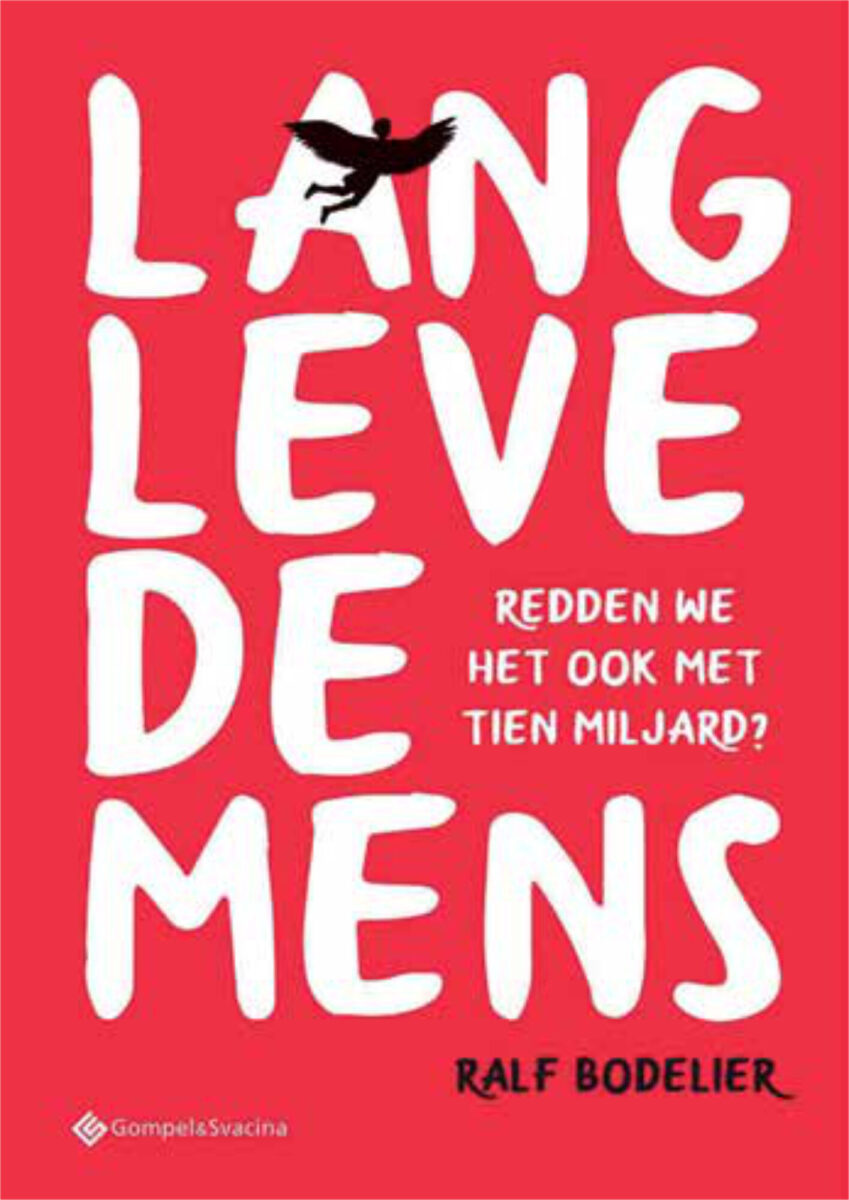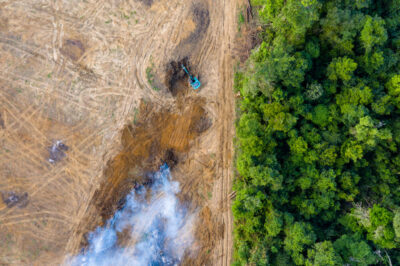Main content
Long live man, will we make it even with ten billion?
By Ralph Bodelier
Long live man, will we make it even with ten billion? Ralf Bodelier (in Dutch)
Publisher Gompel&Svacina, 199 pp.
Price 22.00 Euro
On the last but one page of his book Long Live Man, will we make it, even with ten billion?, readers can almost see author Ralf Bodelier (historian, theologian, philosopher and journalist) in person – a teacher in front of a class, with a raised finger trying to make something clear to an unwilling audience.
‘I am writing this for the last time: if anything distinguishes us from all other species in this world, it is that we not only destroy, but also – and above all – create, produce and preserve. Man has enriched the earth in unimaginable ways. We build houses, schools and cinemas. We print books and make films. We produce vaccines, bake bread and make wine. Never did we become so old, never were we so healthy, never did so many children go to school, never was there so little poverty and so much music.
So why should we fail to mitigate climate change and revive our biodiversity? It is high time for a more optimistic view of ourselves. More attention to our resourcefulness, to our ability to think and work together. We are not doomed. The future is what we make of it.’
Ralf Bodelier is not standing in front of a classroom. In his book, he takes the reader to places like Jerusalem, Malawi, the Ruhr industrial area, and the South of the province of Limburg where he was raised. Bodelier most certainly is not a denier either. ‘Yes, we cut down jungles’, he writes. ‘Yes, we are exterminating animal species. Yes, we are warming the earth…’
Many mistakes which mankind has made throughout history and still continues to make are cited in the book, but in his argumentation he offers a new perspective, namely that of a human race that so far has always been able to correct those mistakes.
Bodelier also manages to parry the demise of our species due to an explosive population growth, something which has been predicted by so many. ‘Plato and Aristotle were already worried about population growth, and back then there were only a hundred million of us.’
He also disputes others who have expressed the same fear, such as Malthus, Ehrlich, Einstein, Jacques Cousteau, Richard Attenborough, The Club of Rome, Jane Goodall and Midas Dekkers. Because, as Bodelier writes, together with population growth, the problem-solving capacity of that multitude of people also increased.
You could call Bodelier an incorrigible optimist, blind to reality. Nevertheless, while reading his book, even a defeatist like me caught myself several times with the hopeful thought that he might be right. Besides, in these times of one crisis on top of another, it is very encouraging to hear the voice of someone who sees things from a less dark side.




















































